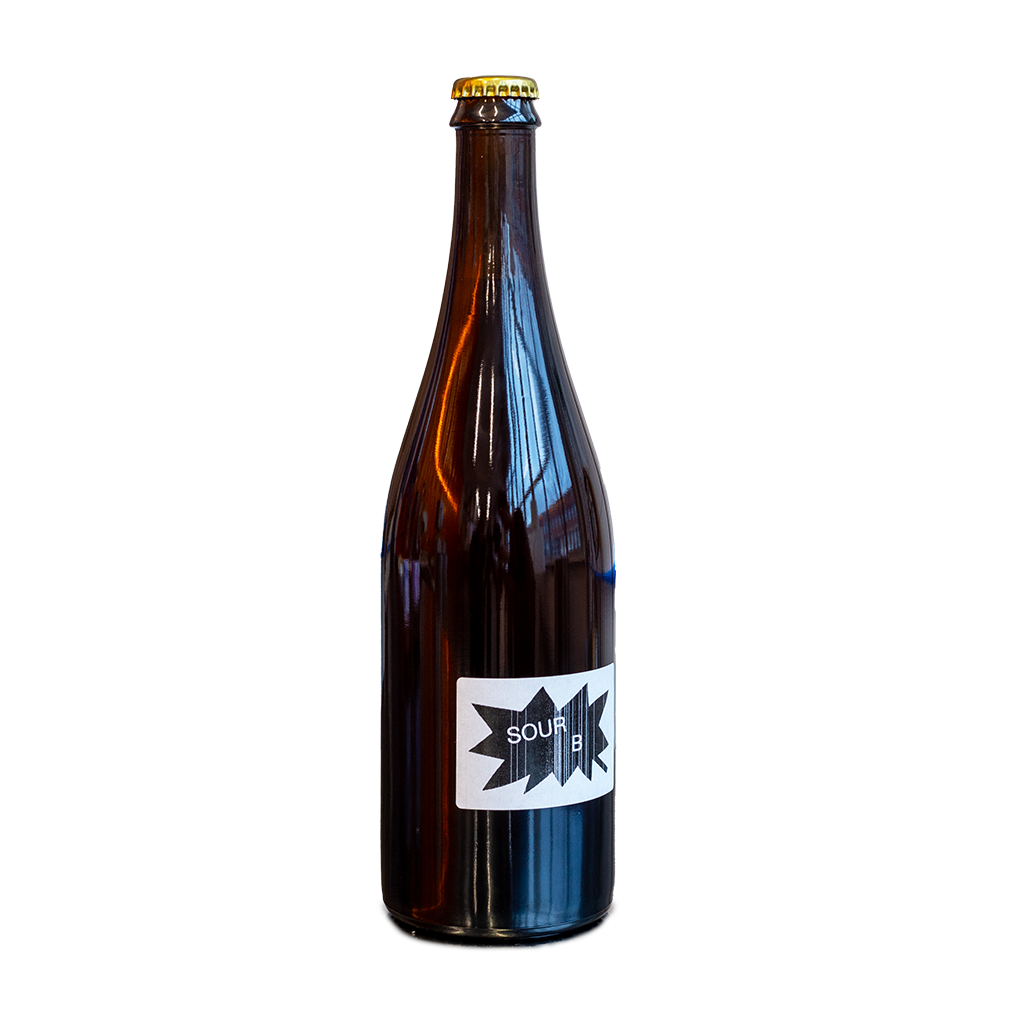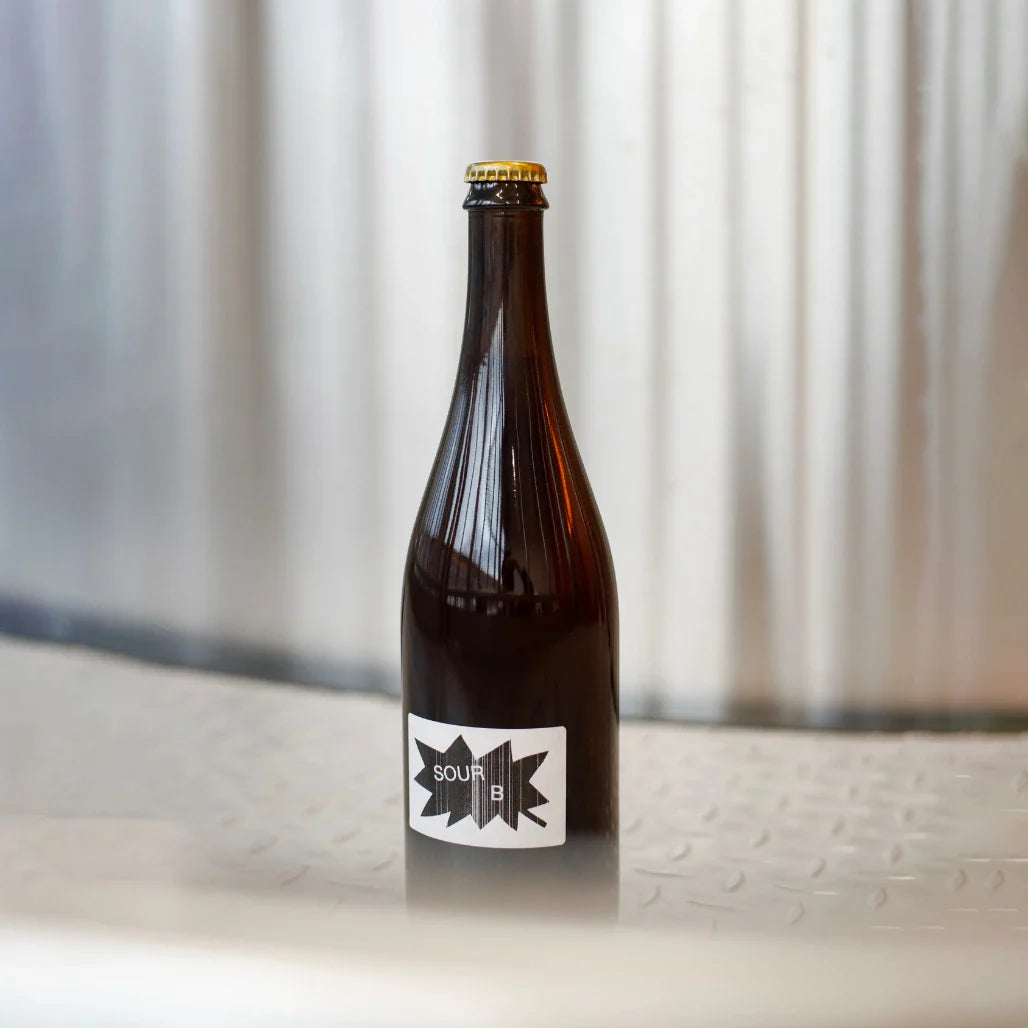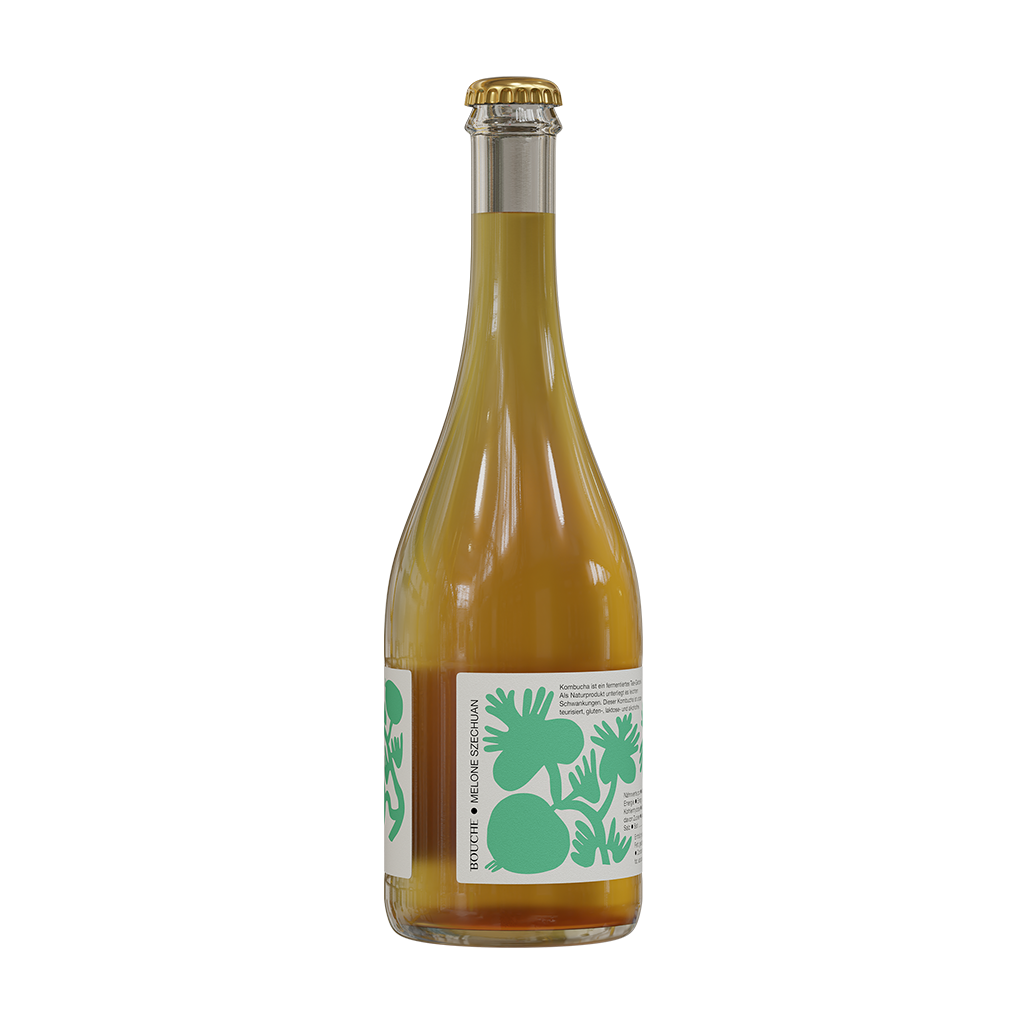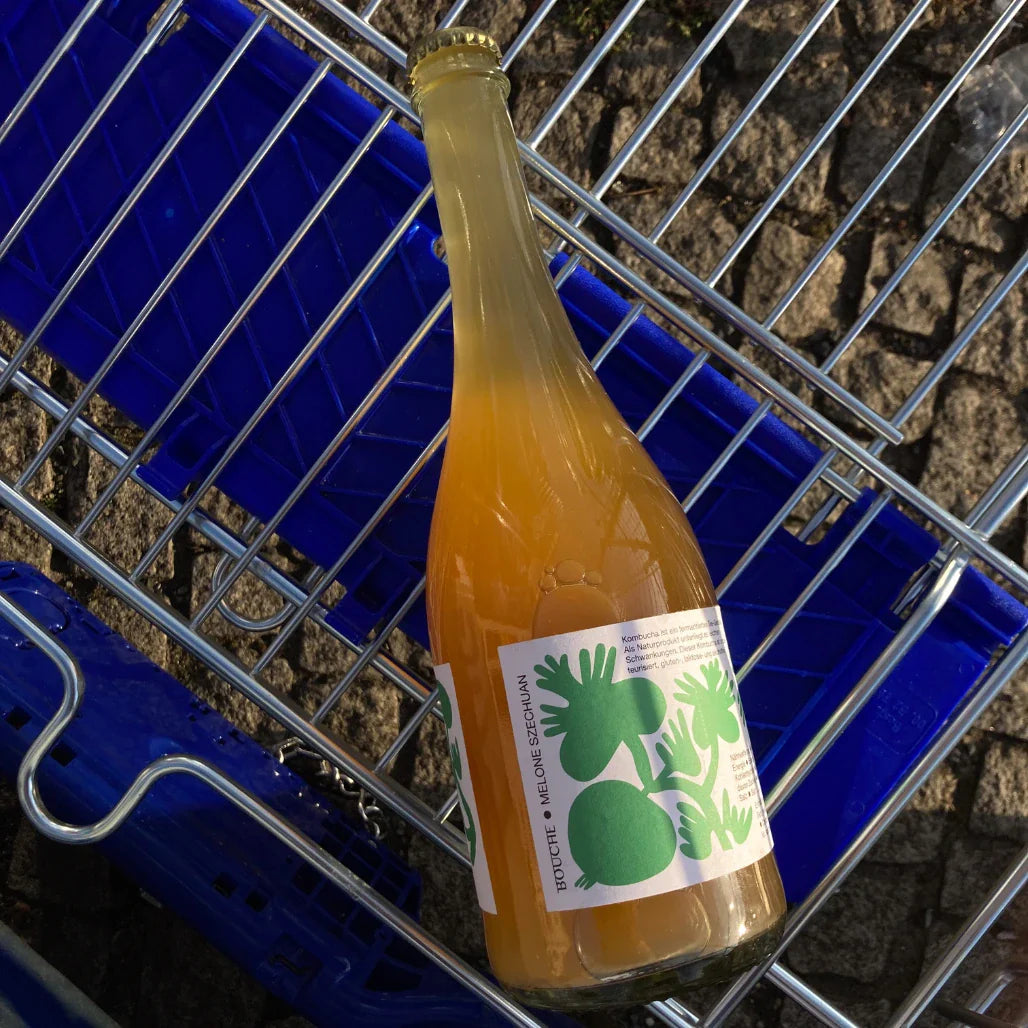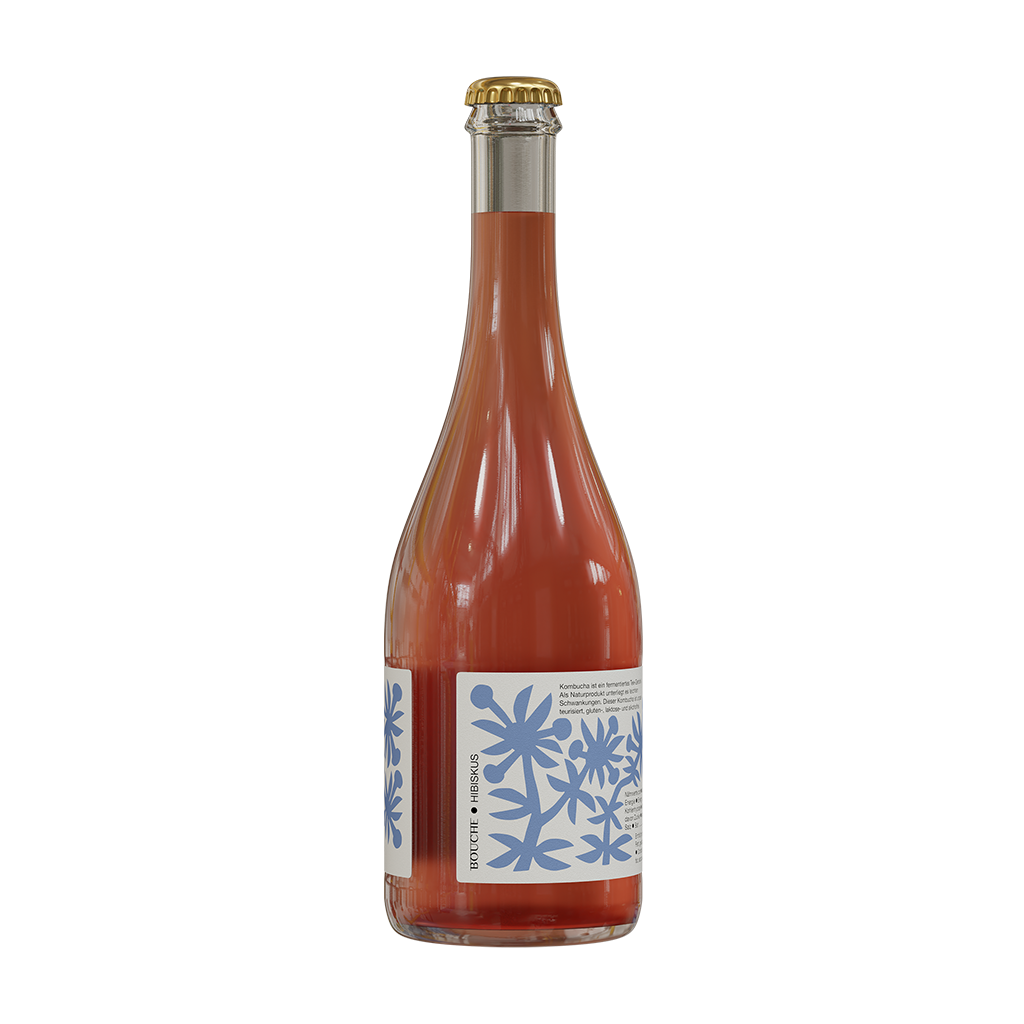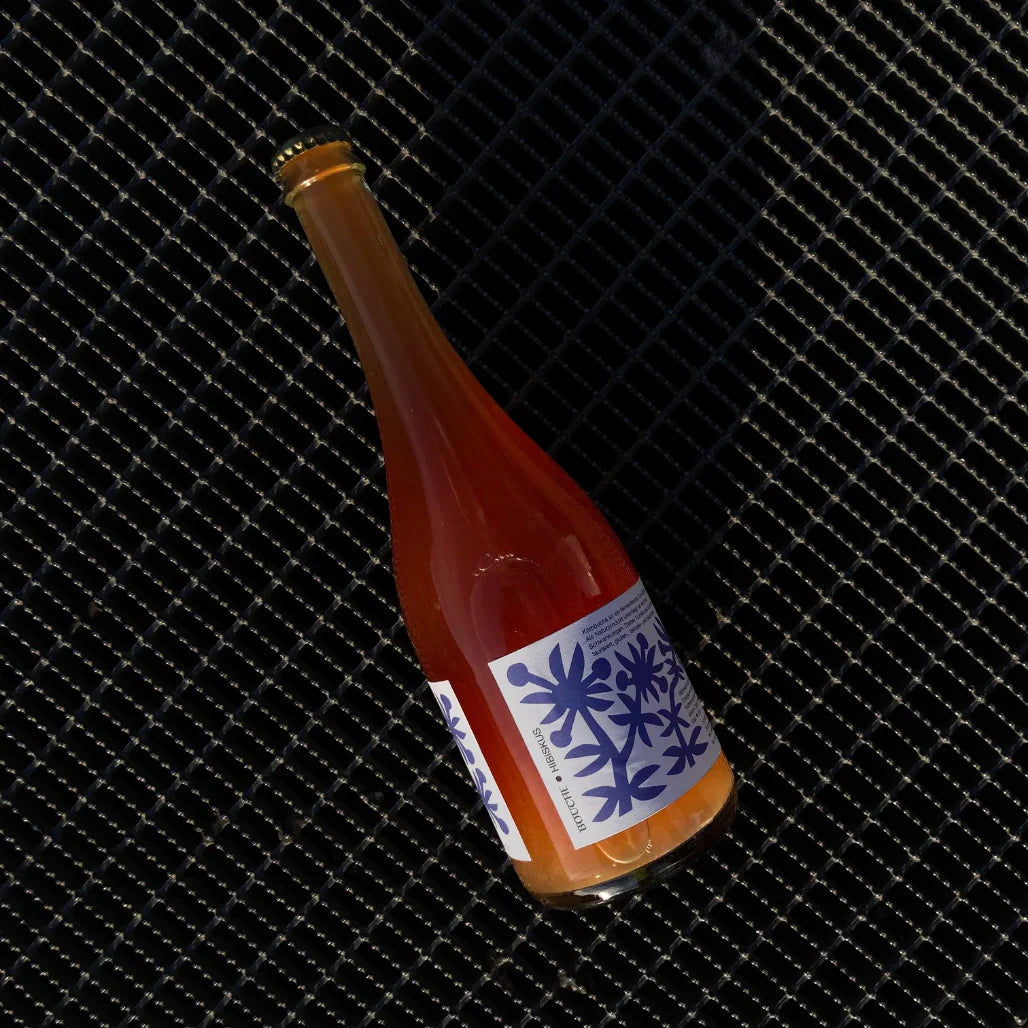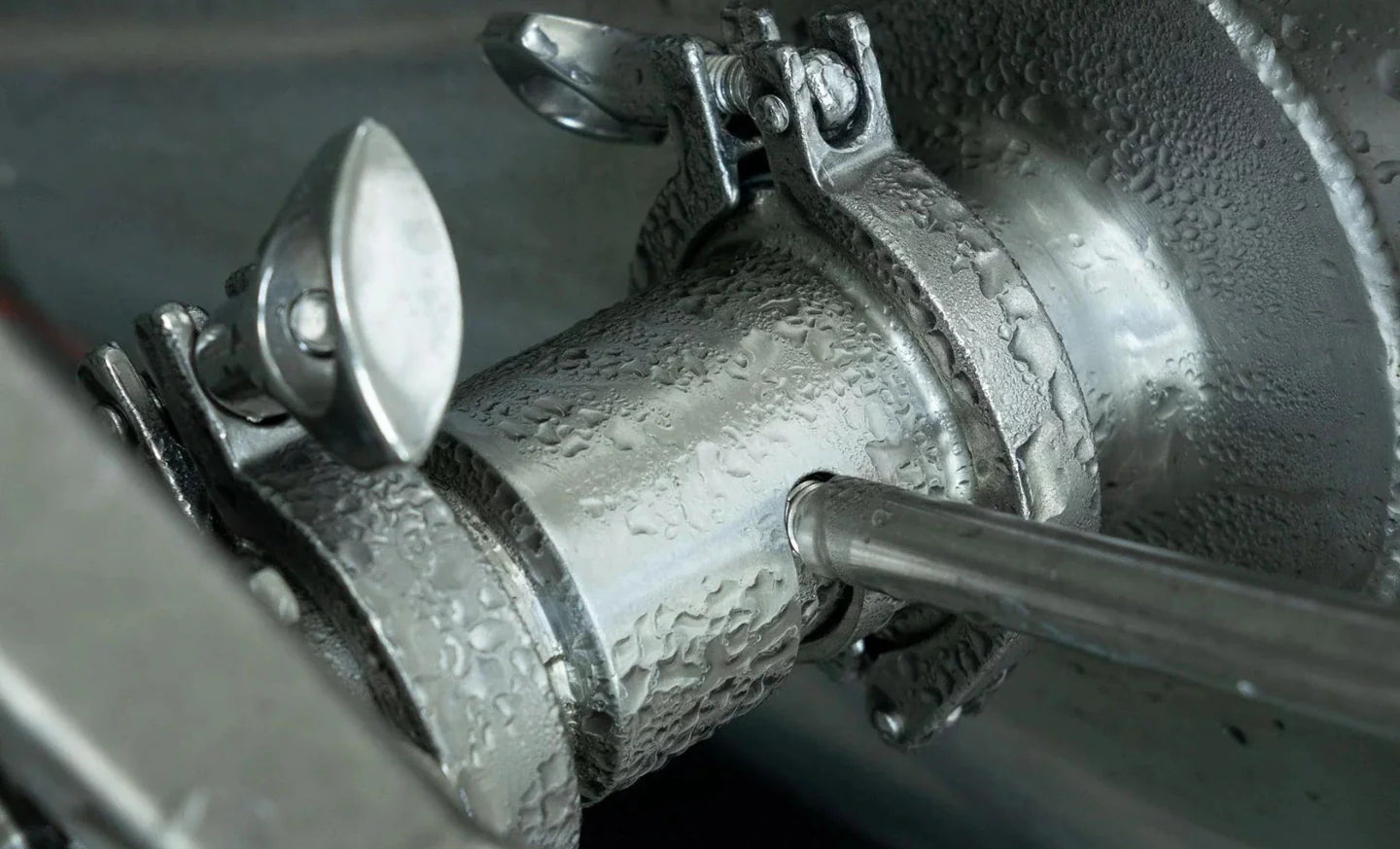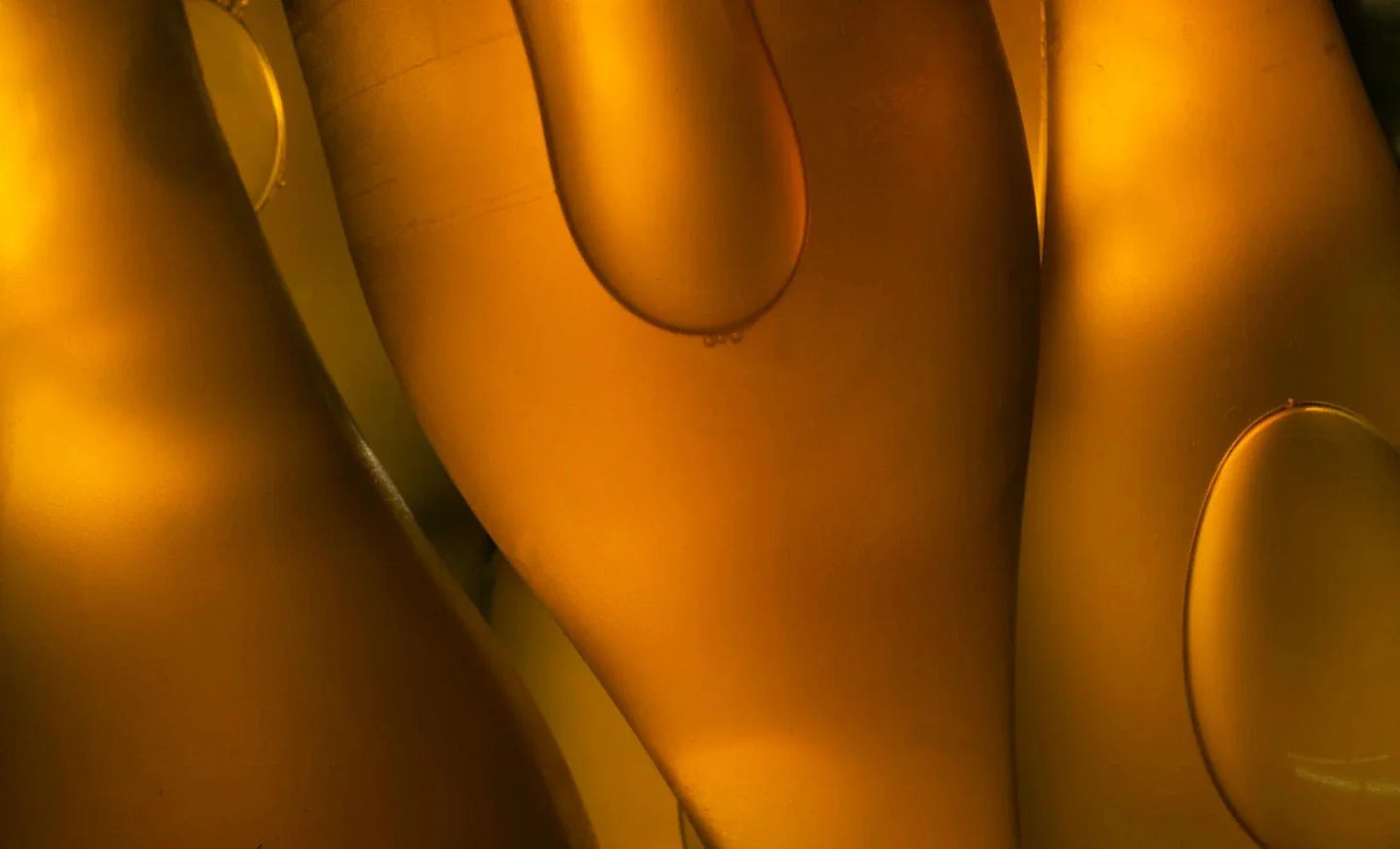This site has limited support for your browser. We recommend switching to Edge, Chrome, Safari, or Firefox.
This online shop is aimed exclusively at entrepreneurs within the meaning of Section 14 of the German Civil Code (BGB).
Please log in to see prices.
Not a business customer? Click here to go to the retail shop.
Payment by invoice, PayPal & credit card.

